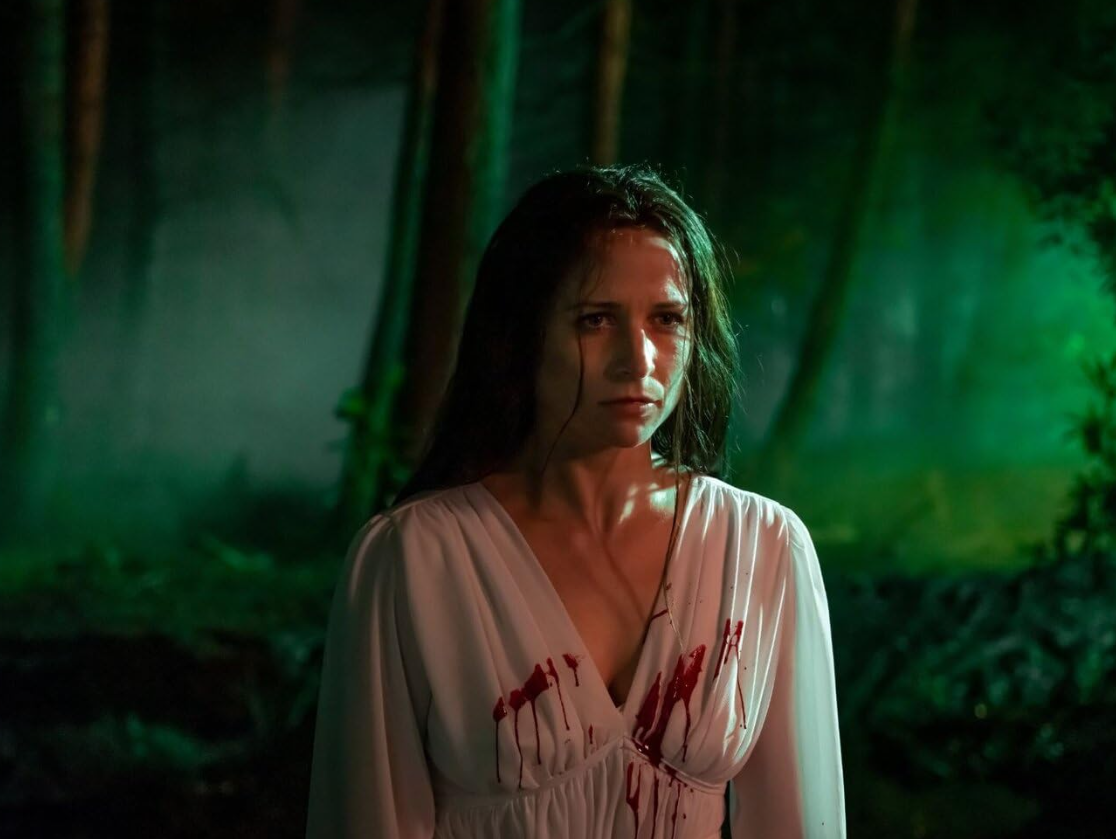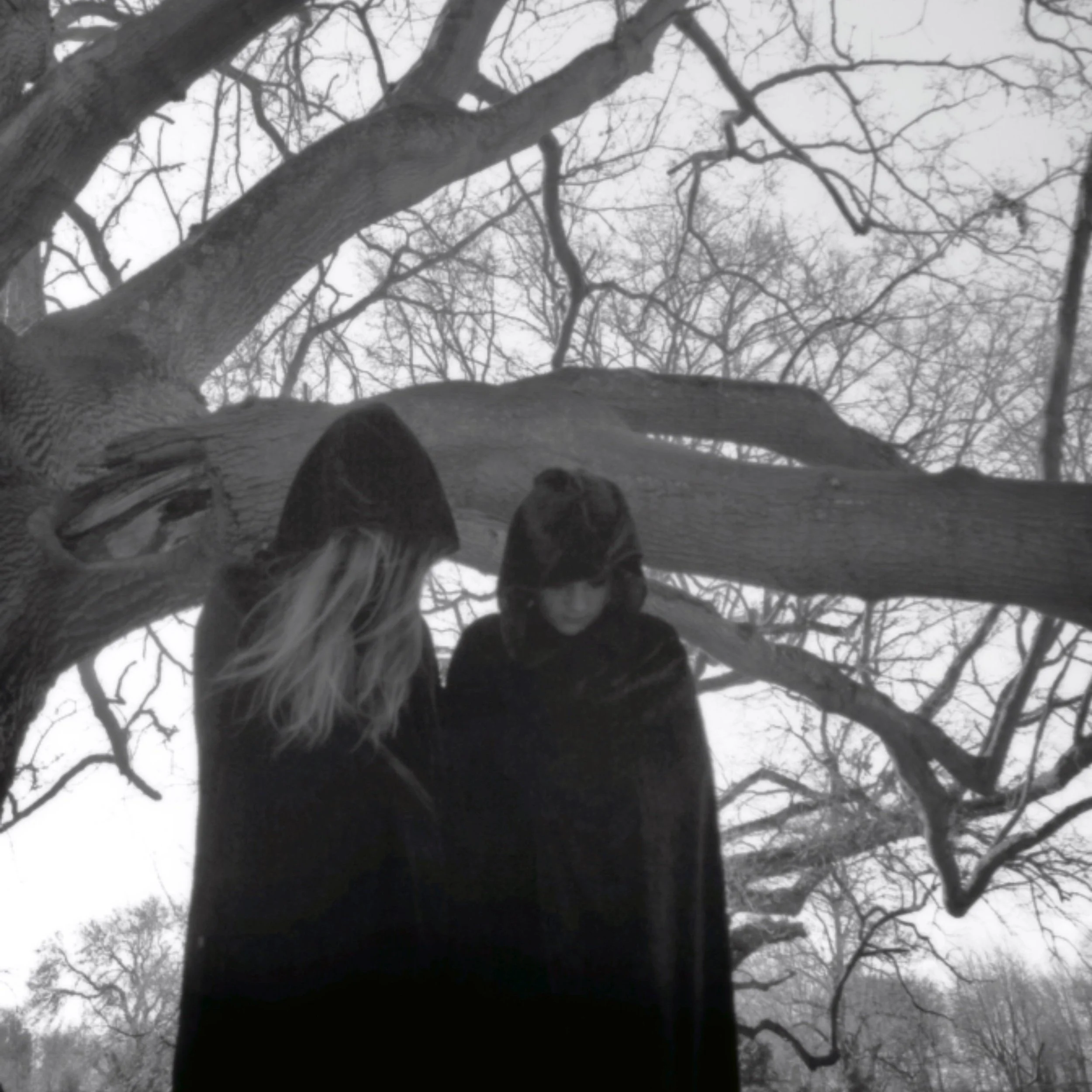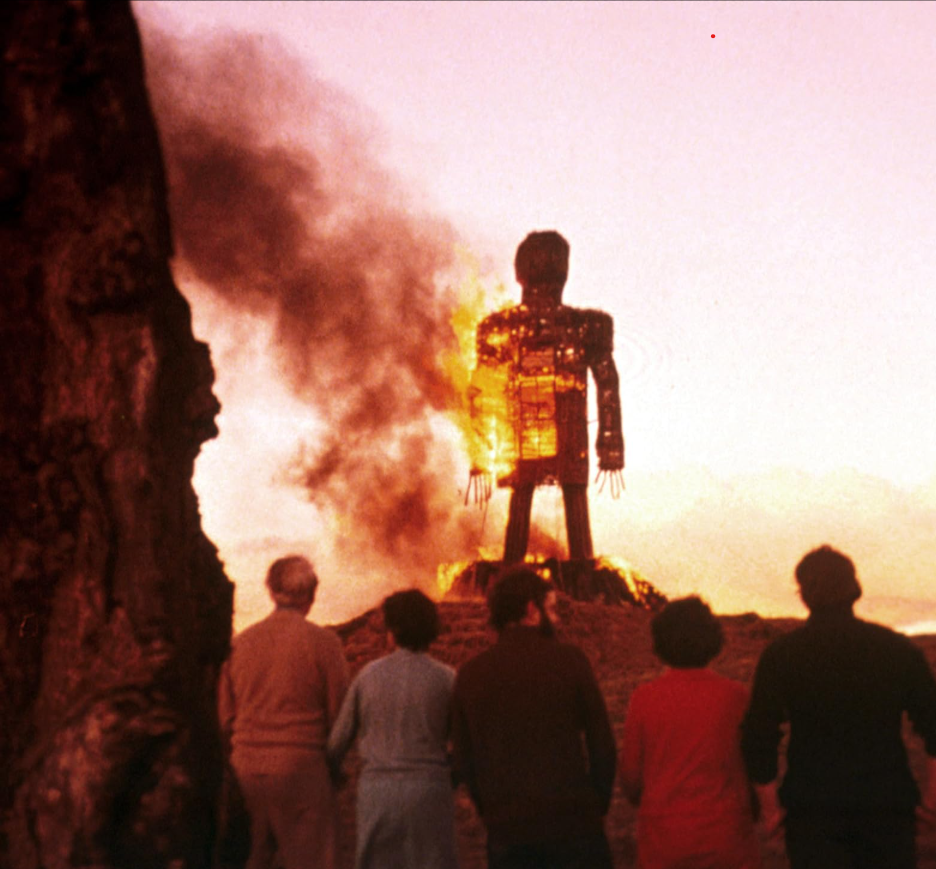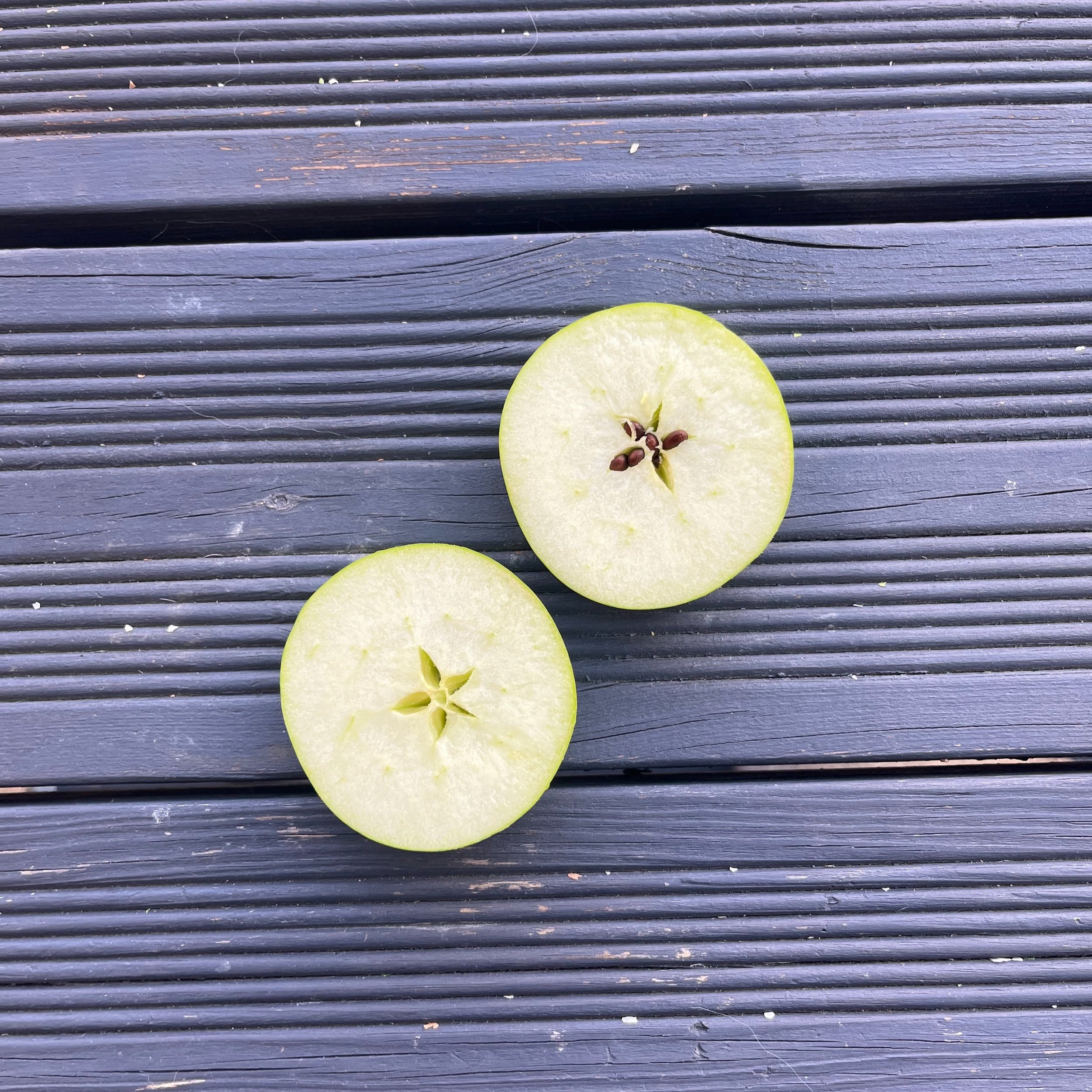
Millennial Filmmakers and British Horror Cinema: How 4th Wave Feminist Empowerment Manifests Through Female Directed Horror
In the past five years British horror cinema has had a surge of female directed features. From Alice Lowe’s Prevenge (2018) to Amulet (2020), the genre has been redefined in terms of spectatorship and auteurism. Stella Hockenhull argues that female directors create empowering films, and, using genre film to explore this, I wonder on a question asked by Molly Haskell; is there such thing as a distinctly feminine approach to film making? (1975:73)

Cat Chats: 28 Years Later
Despite horror being dubbed a ‘boys club’ for so long, it’s actually one of the most diverse genres when it comes to gender representation, and the best place to look for societal and cultural reflection. With 2025 already bringing British Netflix drama Adolescence into our lives, and sparking conversations about young men and the dangers of ‘red pill’ masculinity; having this second British production following a young northern boy navigating coming of age with similar discussion points, feels really topically relevant.

Cat Chats: Superman (2025)
I find it a lot harder to critically review superhero films (that aren’t The Batman 2022- she still gives me chills) because I already have so much nostalgia and personal connection to these characters beforehand. With so many comic book films out now, I focus first on how much respect the film shows to the character and universe. Then I ask: is this plot genuinely good, or is it just a flashy, obvious, slightly insulting shortcut?

Killed, But Not Dead: Feminine Metamorphosis from Classical Myth to Teen Fantasy
In the late 2000s, there was a surge of YA fantasy adaptations; films and TV shows broke into the mainstream, gaining enough traction to land a heavy presence in pop culture. After the revolutionary impact of the 2000 film Ginger Snaps, female lycanthropy has been reconsidered as a contemporary 'symbol of empowerment rather than monstrosity.' (Short 2006:188), inspiring an increase in representation in mainstream and horror cinema. Dark retellings of fairy tales and popular YA fantasy adaptations like The Vampire Diaries (2009), The Mortal Instruments (2013) and True Blood (2008) have been influenced in the aftermath. However, by championing the revision of the female teenage werewolf, it also invited a mainstream re-coding of femininity and monstrosity. Understanding Sue Shorts' analysis of feminine morality, fairy-tale narratives, and patriarchal revision, this work aims to understand the link between autonomy, isolation, and revision in the teen orientated media of the early 2010s.

How Mad Max: Fury Road Nearly Caused a Feminist Revolution: Exploring the feminist fantasy in action cinema from the late 2000s to the present day
Rikke Schubart quotes that 'men construct the female heroes in popular film. But it is up to us how we read and use them,' (Schubart 2007:2), and in regards to feminism and the feminist fantasy, action films have been decisively lacking positive representation. However, with a genre so entrenched in gender politics, it is hard to disengage the thirst for equality.

How Sleeping Beauty Became a Reference Point for Society
Fairy tales have been around for centuries. Before they were written stories, they were folk tales—and before that, oral songs and prose designed to teach and prepare younger generations for change and hardship. Fairy tales are, quite literally, defined as ‘children’s stories about magical and imaginary beings and lands.’

She Devil: Origins of Lilith
Lilith has become a modern feminist icon among many Wiccans and occultists, far removed from her murky origins and monstrous, claw-footed imagery.
Her influence over religious texts and even in pop culture is immense; the 1940s Fruit of Knowledge by C. L. Moore introduces her as a jaded woman, envious of Adam and Eve. Art, poetry, and folklore have been pieced together in order to understand her enigmatic past, purpose and origin. Yet one thing all these have in common is the surety of Lilith’s lethality. She is not just a scorned woman but a demon, a bird hybrid, and a witch.

Cat Chats: The Wicker Man
The Wicker Man (1973), directed by Robin Hardy, is a film adaptation of the 1967 novel Ritual by David Pinner, and the first film people think of when the words ‘folk horror’ are uttered. Essentially defining the genre, the plot follows the police sergeant Neil Howie as he travels to the isolated island Summerilse after receiving a letter about a missing girl. Howie is a devout Christian and therefore horrified to find the island's inhabitants practicing a form of Celtic Paganism.

Mythbusting Pentagrams: Spoiler Alert, They’re NOT Satanic
Pentagrams have been around forever—seriously, they go way back. We're talking ancient Greece and Babylon. Over time, they found their way into Wiccan tradition, kind of like their version of the Christian cross. Magic, mysticism, and general spooky vibes have followed the pentagram for about as long as it’s been on the cultural radar.

Life, Death, or Something In Between?
I’ve always thought of apples as the most boring fruit, yet after finding my old Twilight book the Baader-Meinhof effect took up residence. I can’t stop seeing apples. Films, books, myths. They are constantly appearing in legends and history with different meanings and symbolism; anything from fertility to conflict. Eve to Eris.